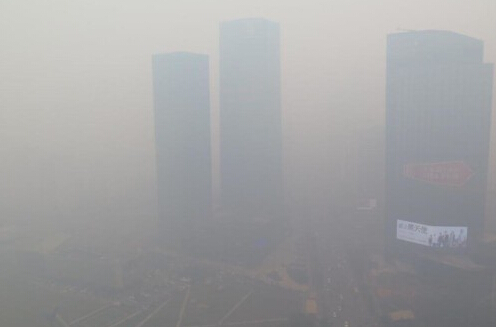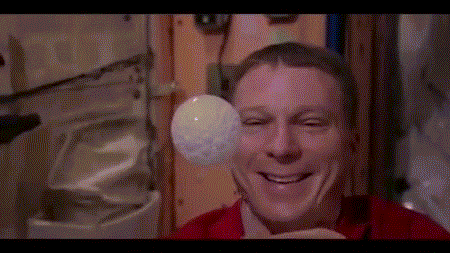看标题就明白,多少点进来的小盆友还是对虚拟语气,抱着那么一丢丢的感慨与幻想。那我们必定不能辜负了大家啊!看新东方在线(微博)给大家详解GMAT(微博)阅读句子理解小妙招—虚拟语气。
先给大家个样子啊,等你见到了长这样的,就认定它为虚拟语气吧:

看到这张表,你还是哭了。。。从知道虚拟语气开始就记不住这个表,现在还是记不住吧?
这样来帮你记一下:
1. 先竖着看,有没有注意到从句那一列都没有would?而主句那一列一般都有would!并且主句那一列只有would do和would have done的形式,而后者明显是说过去的。
2. 再理解时态:为什么满眼看去,都是were, would, had done…这样的过去时态呢?因为,这些话全是假话!真话用真时态,假话才用假时态!为了表明它是假的,动词都不正常了!
3. 然后看变体:最典型的就是Were, Should, Had在句首,哪个句子会这么写啊!以后只要见到在句首的,就先考虑虚拟吧。
4. 最后考虑语意:上面写出来了不同的时间,表明这些都是对不同时间的事情说的假话!
先看个句子,检验你有没有记住:
SPEW provided convincing evidence that lead poisoning could be avoided if workers were careful and clean and if already extant workplace safety regulations were stringently enforced.
这是个问题,提取出来虚拟部分:
lead poisoning (could be) avoided if workers (were) careful and clean and if already extant workplace safety regulations (were) stringently enforced
这是对什么时候的事进行虚拟呢?现在时!有were的是现在,有were to的是将来。
另外,would可以换成could, might等形式。
再来一个有点难度的:
Even a vastly more ecoefficient industrial system could, were it to grow much larger, generate more total waste and destroy more habitat and species than would a smaller, less ecoefficient economy.
先找if从句和它的主句:
Even a vastly more ecoefficient industrial system could, were it to grow much larger, generate more total waste and destroy more habitat and species
were it to grow much larger 这个不用赘述了吧,绝对地虚拟啊!
=if it (were to grow) much larger, Even a vastly more ecoefficient industrial system (could generate) more total waste and (destroy) more habitat and species
虽然语意上它是不真实的,但它依然是个条件句:
即使是一个更生态有效的工业系统,如果它增长的更大些,也会产生更多的垃圾,毁掉更多的栖息地和物种。
最后别忘了还有半句话,这就用到了我们之前提到过的比较断点标志:
Even a vastly more ecoefficient industrial system could generate more total waste and destroy more habitat and species than would a smaller, less ecoefficient economy.
我们说过比较标志出现的时候,要找到前后的平行结构。than之后是a smaller, less ecoefficient economy would,跟前面的主谓结构a vastly more ecoefficient industrial system could平行,比较的是产生的垃圾多,毁掉的栖息地和物种多。
所以整体句意就是:
即使是一个更生态有效的工业系统,如果它增长的更大些,也会(比一个较小的、不那么生态有效的经济)产生更多的垃圾,毁掉更多的栖息地和物种。
亲们懂了吗?





































































































